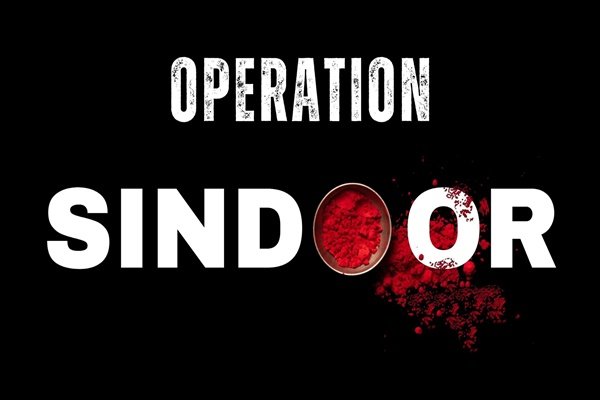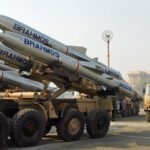Operation Sindoor: India Launches Precision Strikes in Pakistan After Pahalgam Terror Attack
New Delhi: In a major military development, the Government of India has confirmed the execution of Operation Sindoor, a series of precision airstrikes conducted early Tuesday morning targeting terrorist infrastructure in Pakistan and Pakistan-administered Kashmir. The operation was launched in direct response to the deadly terror attack on April 22 in Pahalgam, Jammu & Kashmir, which claimed the lives of 26 Hindu pilgrims.
According to official sources, Indian Air Force fighter jets — including Rafales and Sukhoi Su-30MKIs — carried out a coordinated assault on nine identified terror camps operated by Pakistan-based groups including Lashkar-e-Taiba and Jaish-e-Mohammed.
“The strikes were non-military, preemptive in nature, aimed at neutralizing imminent terror threats. India reserves the right to respond with strength when civilian lives are targeted,” said Defence Minister Rajnath Singh during a press briefing in New Delhi.
Details of the Operation
The airstrikes reportedly lasted around 23 minutes and involved the use of SCALP cruise missiles and precision-guided bombs. Intelligence reports confirmed that the targeted facilities were being used to train and deploy terrorists across the Line of Control (LoC).
While the Indian government reported “significant damage” to terror launchpads, no civilian or military casualties were reported on the Indian side.
Pakistan’s Reaction
In a swift response, Pakistan condemned the strikes as a “clear violation of its sovereignty.” The country’s foreign ministry claimed civilian casualties and summoned India’s envoy in Islamabad. Pakistan’s military also claimed to have shot down five Indian aircraft — a statement India has so far not acknowledged.
“We will respond at a time and manner of our choosing,” said Pakistan’s Foreign Minister in a televised address, escalating fears of a potential military confrontation between the two nuclear-armed neighbors.
Global Concern Mounts
The United Nations, the United States, and several major world powers have expressed grave concern over the situation. UN Secretary-General António Guterres urged both nations to exercise “maximum restraint” and return to diplomatic dialogue.
Public Sentiment in India
Citizens across India hailed the operation as a “bold and necessary” response to cross-border terrorism. Patriotic rallies, candlelight vigils, and expressions of solidarity with the armed forces were seen in cities like Delhi, Pune, Lucknow, and Ahmedabad.
Economic Impact
The immediate aftermath of the strikes saw volatility in financial markets. The Indian rupee dipped slightly against the US dollar, and the BSE Sensex opened lower on Wednesday amid investor anxiety over further escalation. The Reserve Bank of India is monitoring the currency situation closely.
A Red Line or a New Beginning?
With both sides trading strong words and maintaining elevated military readiness, the region is on edge. Diplomatic channels remain active, but analysts say the situation is “extremely sensitive.”
“India has redrawn the rules of engagement with Operation Sindoor,” said Lt. Gen. (Retd.) Syed Bakshi, a strategic analyst. “The next 72 hours will define whether this results in further escalation or a return to diplomacy.”





